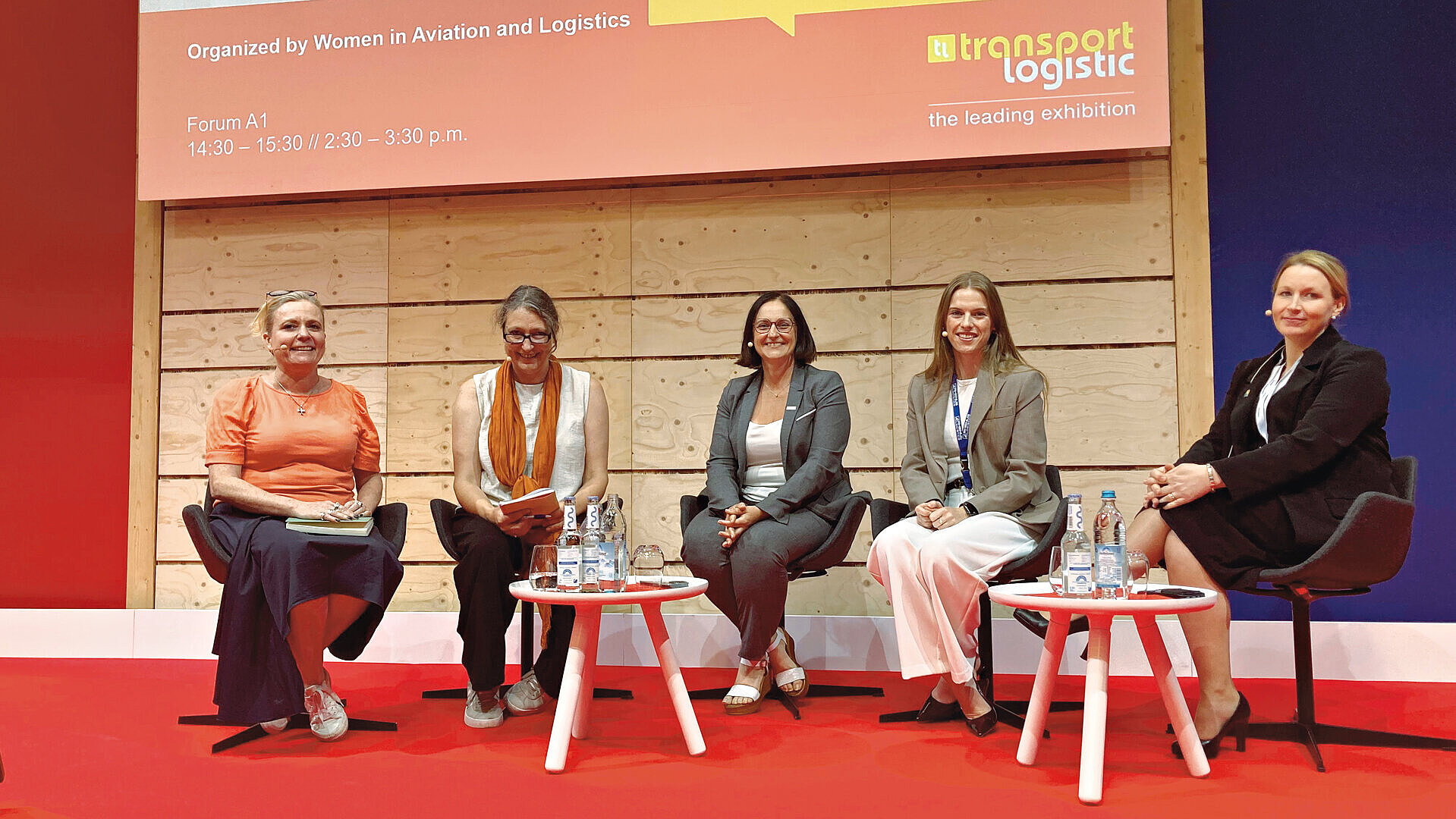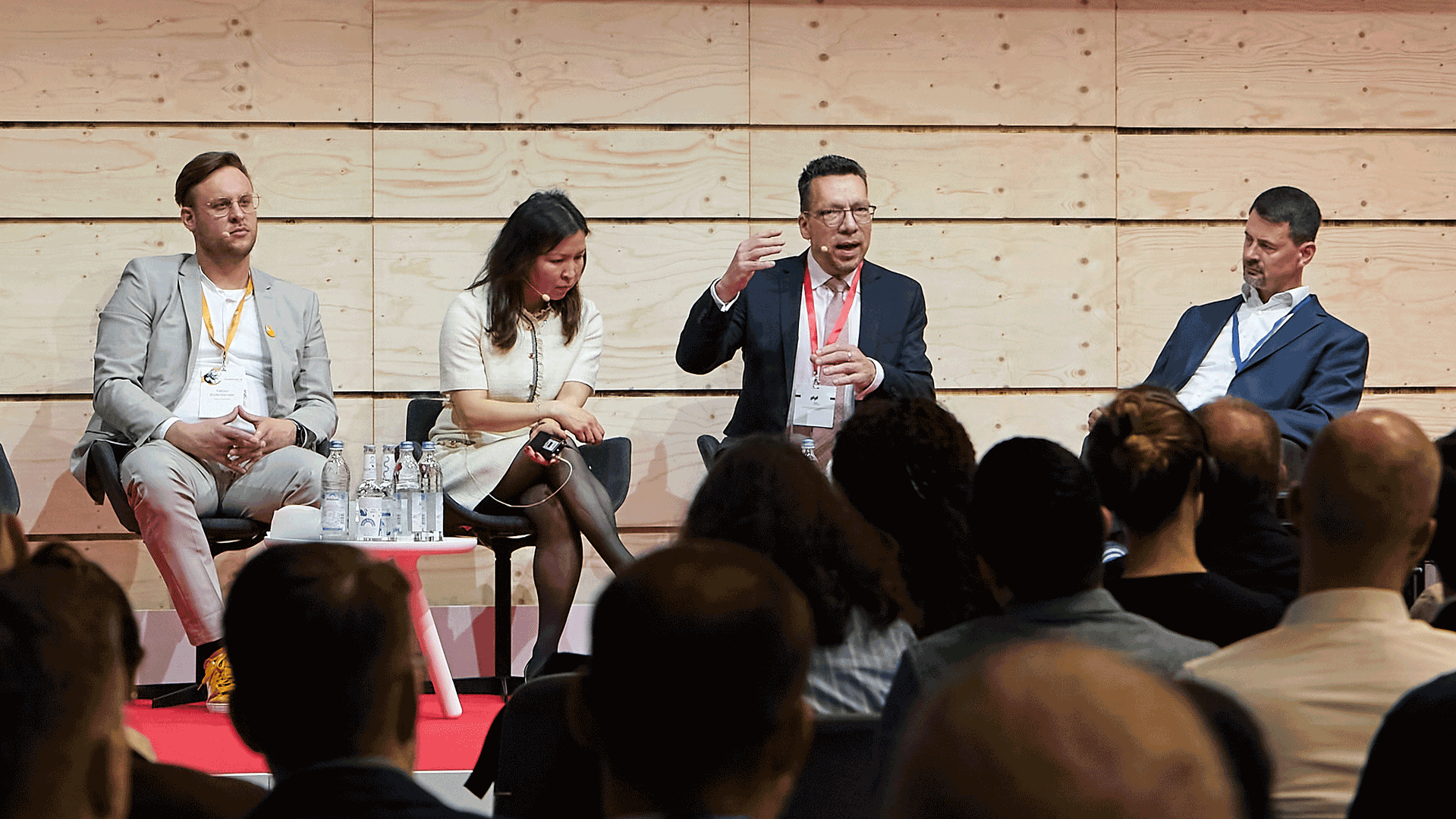
From greenwashing to greenhushing

While some companies want to give themselves a green image through exaggerated or misleading sustainability communication – a behaviour known as greenwashing – experts are now observing another and opposite phenomenon: greenhushing. Here, companies deliberately refrain from communicating their sustainability goals and measures or significantly reduce them.
Why companies do this, but also how they can be encouraged to talk openly about their sustainability strategies and what role communication, regulation and corporate culture play in this, were discussed by the participants of the all-women panel on ‘Combating greenhushing in air freight – securing a sustainable future for people, planet and profit’ on Monday.
There are several reasons why some companies do not communicate their progress on climate protection, or communicate it less. Those who promise targets have to be measured against them later – and journalists and NGOs (non-governmental organisations) check closely whether promises have been kept. Fear of criticism, regulatory uncertainties and a fundamental mistrust of public discourse mean that parts of the logistics industry now prefer to remain silent. Well-organised interest groups in the environmental sector in particular are increasing public pressure.
Moral obligation as a role model
However, greenwashing has its price. New regulations could possibly intensify it. In the view of the panellists, there is also a moral obligation to act as a role model: If you don't share your successes, you may not inspire other companies to act. And if progress is not visible, other companies can hardly learn from it – or be motivated to become active themselves. If there is no communication, it is easy to create the false impression that the industry is doing nothing – with potentially fatal consequences for the image of logistics as a whole. In air freight in particular, communication about sustainability efforts is crucial in order to attract young talent to the industry, according to the tenor of the panel.
It is advisable to focus not only on achieving sustainability goals, but to make the entire development visible. Openness, honesty and a language that addresses real-life situations are key success factors. According to the experts, the most sustainable approach is often also the most economically viable – because it saves time, resources and costs. And those who look at the whole context and talk about what really works become more credible – and inspire others to join in.
How widespread greenhushing actually is in the air freight and logistics industry seems difficult to quantify. ‘There are no reliable statistics on this yet,’ said Emma Murray, moderator, CEO and founder of communications consultancy Meantime Communications. (cb)



